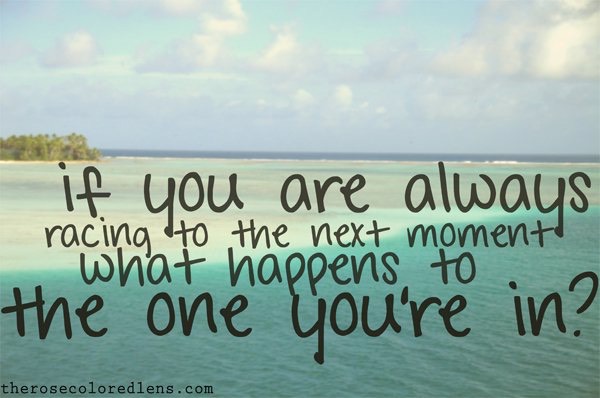Diversity is always an on-going discussion and initiative in many organizations and often in public forums. Webster defines diversity as “the quality or state of having many different forms, types, ideas etc.” and “the condition of having or being composed of differing elements: variety; especially the inclusion of different types of people (as people of different races or cultures) in a group or organization.” The key to this definition is “different” and typically, within a group of people, the less “differences” there are the less diverse the group is.
The majority of conversations regarding diversity deal with race and if you ask most people, it is with blacks and whites. Yet, diversity is so much more than just race. Out of the many definitions out there, the one that I liked the best is from Gladstone University in Oregon that states:
“The concept of diversity encompasses acceptance and respect. It means understanding that each individual is unique, and recognizing our individual differences. These can be along the dimensions of race, ethnicity, gender, sexual orientation, socio-economic status, age, physical abilities, religious beliefs, political beliefs, or other ideologies. It is the exploration of these differences in a safe, positive, and nurturing environment. It is about understanding each other and moving beyond simple tolerance to embracing and celebrating the rich dimensions of diversity contained within each individual.”
What grabs me the most about diversity is the need to understand and respect differences. We, as a people, typically have a hard time with this. Often it is due to one of two things. One, we don’t know how to ask about the differences. And, two, some people get offended when asked about their “differences”. And if I can add a third, differences are not respected often because we don’t agree with or understand those that are different from us.
It is ironic that America was built on these “differences”. Once called, “The Melting Pot”, yet that does not describe the diversity of America fully as our “differences” have not “melted” yet but stick out like a sore thumb. Our country has yet to fully embrace differences, let alone respect differences. Even more, our focus has to move beyond just race and ethnicity. In our country, we have experienced the fight for women’s equality, civil rights, equality of Blacks and to a lesser degree, Hispanics, and to some extent the fight for those with disabilities. Aids brought light to sexual orientations. Since 9/11, more attention has been given to religious differences. And still, there are many “fights” to be had and none that can be considered “won”. Yet, none of these “fights” have truly garnered respect, acceptance, or understanding. People with differences have not “blended in” and we have not all melted into one cohesive union. Just read the comment section on most anything and you will see that even differences of opinion are not accepted. Many are on the defense, some waiting for a fight, and only a small part of the population are truly willing to sit down to have a peaceful conversation and take action to initiate change.
Yes, we have a long way to go even though we have come a long way. Sadly, the discussion of diversity should not be a discussion at all that is, if we are truly accepting and respecting of the unique differences of one another. If we could truly valued the complexities that make us who we are and reach a point of embracing and celebrating that we are not all the same, yet share many commonalities such as the bare basics that we are all born of a woman, we all will eventually die, we all need air to breath, and we all have the same color blood running through our veins. And maybe get to a point of where we can understand these differences are necessary for growth. We don’t want to be an indiscernible object nor the sore thumb but rather more like a mosaic vase where all the different colors and pieces create the beauty and uniqueness of the object. But until we reach that point, we will have diversity initiatives, diversity conferences, discussions on valuing diversity, laws to protect the diverse, and training on how to deal with people who are different from us and who cannot accept our differences as well as people who only “tolerate” those who differ from them.
For more information and other resources, please check out these links:
- http://www.diversityfirstpublishing.org/diversityfirst_newsletter.php
- http://www.teenink.com/opinion/environment/article/465407/The-Importance-and-Benefits-of-Diversity/
- http://www.diversityinc.com
Listen to the Plaid Radio interview with this #PlaidPower blogger!











